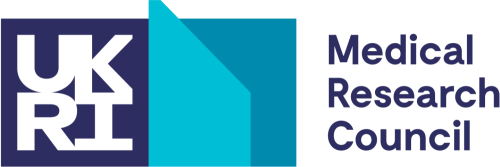Siddharth Banka (Co-Lead), The University of Manchester
Professor Eamonn Maher, University of Cambridge
Professor Susan Kimber, University of Manchester
Professor Deepak Srivastava, King’s College London
Dr Rachel James (Project Manager), Manchester University NHS Foundation Trust
Henry Frost (Project Manager), The University of Manchester
The studies of how genes are switched on and off in cells in our bodies are called Epigenomics and epigenetics. The EpiGenRare node will coordinate research in epigenomics of rare diseases. This is important because more than 100 rare epigenetic diseases are known, and all together they represent a large number of patients with rare diseases. Epigenetic diseases remain challenging to discover, diagnose, understand and treat. In addition to this, epigenomic studies that investigate changes across all of the DNA in patients, could have an impact on rare diseases that are not traditionally seen as epigenetic diseases.
The node team is made up of experts in relevant disciplines, industry, and patient support groups and has institutions across the UK and investigators at different career stages. Our team builds on substantial existing infrastructure, funding and track records that will enable us to tackle the challenges in the area.
In our networking activities we will undertake a scoping survey to generate a list of individuals and institutions relevant for this area of research and invite them to be members of EpiGenRare. We will then host a variety of events including conferences and educational sessions over the course of the next 5 years where epigenomics will be the focus of the events.
We plan to do three projects: (1) To generate a resource linking patients’ genomic and epigenomic data which can be used by other researchers. (2) To perform preliminary studies in animal models to test if similar treatment approach could be used for multiple epigenetic diseases that share clinical features and biological mechanisms. (3) Generate a resource of well-studied human cell models for large scale drug testing in epigenetic diseases. Additionally, we have put in place ideas for future projects with our collaborators and several other nodes in the UK Rare Disease Platform.
As part of our patient and public involvement (PPI) program we will continue to work with various relevant patient-family support groups. Patient support groups will be part of the advisory board and will participate in driving the networking activities and the research and collaboration agenda. With patient support groups we will co-develop patient information resources, organise family education days and work together to develop evidence-based management guidelines for epigenetic disorders.
The EpiGenRare node will help address several unmet needs and will allow us to accelerate diagnoses and treatments for epigenetic disorders.


© 2023 Copyright Rare Disease Research UK